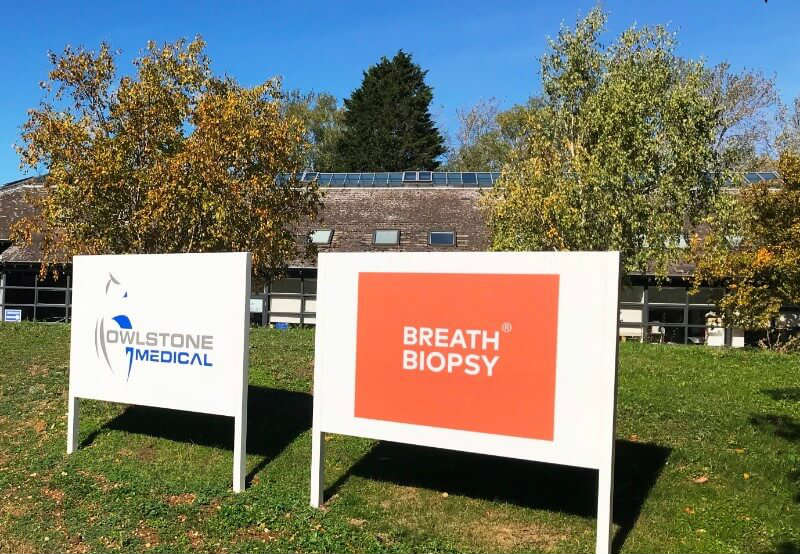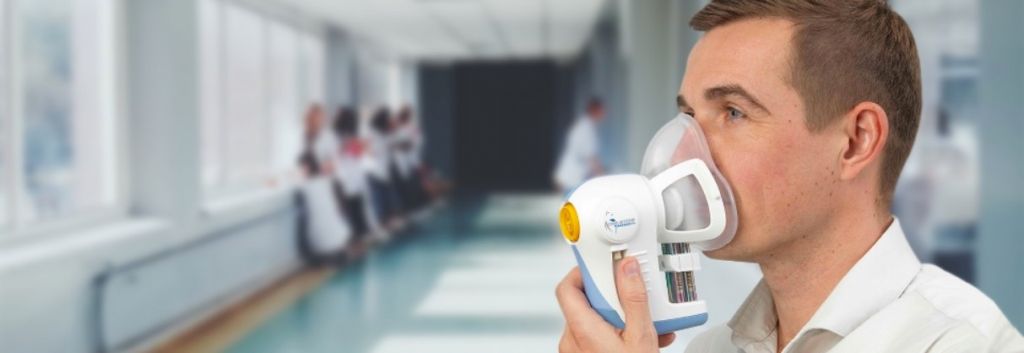Intoxication is not the only condition that we could diagnose with breathalyzers. The UK-US company Owlstone Medical has secured €43.1M funding to help commercialize its tech that ‘smells’ cancer in your breath.
Owlstone’s breathalyzer kit diagnoses conditions by measuring volatile organic compounds in a person’s breath. Disease pathologies affect the types and amounts of these chemicals in your breath, and this technology is designed to ‘smell’ signs of cancer, making diagnosis quicker and easier.
This tech is reminiscent of studies testing whether or not dogs can smell cancer in human samples. There is evidence that suggests they can, although how replicable these findings are has been debated. The advantage of artificial ‘noses’ for diagnostics is that they can be standardized and, once calibrated, should be cheaper and quicker to produce than training specialist animals.
The accuracy of Owlstone’s diagnostic technology is being tested in a trial using prospective lung cancer patients. Owlstone also started a trial last year to see if the tech can identify breath biomarkers in many different forms of cancer. Though they are not currently approved for clinical use, Owlstone launched its breathalyzer kits in March 2018, making them available for research purposes.

As well as cancer, Owlstone’s kits could potentially diagnose other diseases such as tuberculosis, asthma, and inflammatory bowel disease. For example, GSK showed interest in the device last year, using it in a clinical trial of its treatment for chronic obstructive pulmonary disease.
Owlstone’s detector measures the compounds in your breath by ionizing the molecules and measuring how they behave in an electric field. Another arm of the University of Cambridge spinout also provides the same technology for the military, detecting airborne toxic chemicals.
Other companies are also working on sniffing out diseases in your breath. BreathDX, also from the UK, is developing devices capable of measuring levels of ammonia in a patient’s breath, in the hopes of detecting stomach ulcers and metabolic disorders.
Leading Owlstone’s funding round were the insurance company Aviva and the Hong Kong-based Horizons Ventures. With Horizon Ventures involved, Owlstone hopes that this will also improve its access to key Chinese markets.
Images from Owlstone Medical





